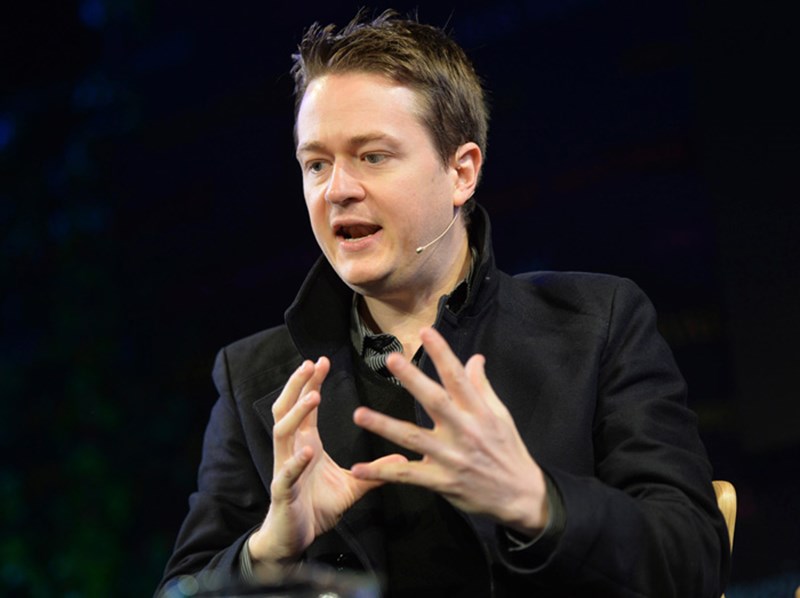Some of you will know that I was a neuroscientist for nigh on 25 years, working in the field of the brain neurotransmitter dopamine. I was fortunate enough to work with one of the world leaders in neuroscience, the late Nobel Laureate Arvid Carlsson, and to run my own research laboratory for many years.
However, at the turn of the millennium I changed field. I decided that focusing on brain chemistry and using drug treatment was not the answer to helping people overcome addiction and mental health problems. ‘It is not what is wrong with a person, but what is happening or has happened to that person that influences their wellbeing.’
I am more convinced today that psychiatric drugs do more harm than good. However, whilst I have spent my time over the past years building initiatives that empower and connect people to facilitate their wellbeing, and overcome addiction and mental problems, I am still fascinated by the brain. And I believe that some psychiatric drugs can be of use for some people for some periods of time.
I have just finished reading a fascinating book by Johann Hari, Lost Connections: Uncovering the Real Causes of Depression – and the Unexpected Solutions, which I strongly recommend. Johann rightly points out that depression is NOT caused by a chemical imbalance in the brain, as is argued by drug companies and many biologically-oriented psychiatrists and doctors.
Moreover, there is little, if any, scientific evidence that ‘antidepressants’ alleviate depression. [Some credible scientists suggest they give a temporary relief to a minority of users.] Johann talks about social factors that cause depression and considers new socially-related ways of alleviating the problem.
Johann describes seven forms of disconnection that cause depression:
- Disconnection from meaningful work.
- Disconnection from other people.
- Disconnection from meaningful values.
- Disconnection from childhood trauma.
- Disconnection from status and respect.
- Disconnection from the natural world.
- Disconnection from hopeful or secure future.
Johann’s discussion of these forms of disconnection is very, very good. I like his approach and the way he writes. He then goes on to discuss ways that can alleviate depression:
- Reconnection One: To other people.
- Reconnection Two: To social prescribing. [Social programs, such as gardening initiatives, pottery or exercise classes].
- Reconnection Three: To meaningful work.
- Reconnection Four: To meaningful values.
- Reconnection Five: Sympathetic joy [1], and overcoming addiction to the self.
- Reconnection Six: Acknowledging and overcoming childhood trauma.
- Reconnection Seven: Restoring the future.
I particularly like what Johann says below. He asks himself what he would say to his teenage self just before he popped his first antidepressant drug—he took the drugs for 13 years—if he could go back in time:
‘You aren’t a machine with broken parts. You are an animal whose needs are not being met. You need to have a community. You need to have meaningful values, not the junk values you’ve been pumped full of all your life, telling you happiness comes through money and buying objects. You need to have meaningful work. You need the natural world. You need to feel you are respected. You need a secure future. You need connections to all these things. You need to release any shame you might feel for having been mistreated…’
‘… You are not suffering from a chemical imbalance in your brain. You are suffering from a social and spiritual imbalance in how we live. Much more than what you’ve been told up to now, it’s not serotonin [Brain neurotransmitter – DC]; it’s society. It’s not your brain; it’s your pain. Your biology can make your distress worse, for sure. But it’s not the cause. It’s not the driver.It’s not the place to look for the main explanation, or the main solution.’
‘Because you have been given the wrong explanation for why your depression and anxiety are happening, you are seeking the wrong solution. Because you are being told that depression and anxiety are misfirings of brain chemicals, you will stop looking for answers in your life and your psyche and your environment and how you might change them. You will become sealed off in a serotonin story. You will try to get rid of the depressed feelings in your head. But that won’t work unless you get rid of the causes of the depressed feelings in your life…
‘… your distress is not a malfunction. It is a signal—a necessary signal.’
What powerful words! The book is well worth reading!!
[1 ]’Sympathetic joy is a method for cultivating “the opposite of jealousy or envy… It’s simply feeling happy for other people.” (See the book for a detailed description of the approach and its rationale.)


